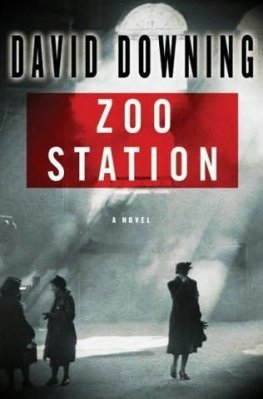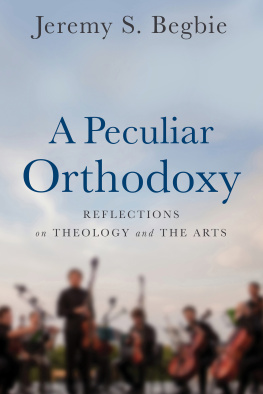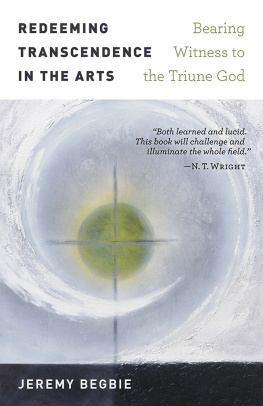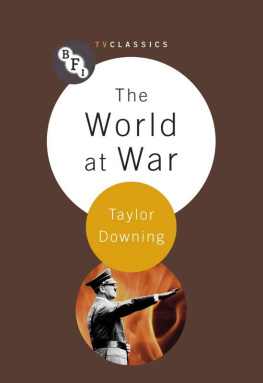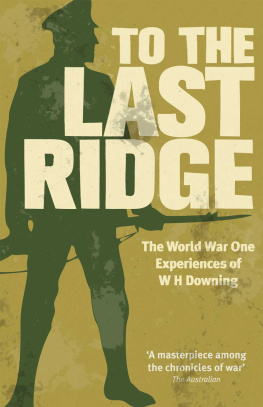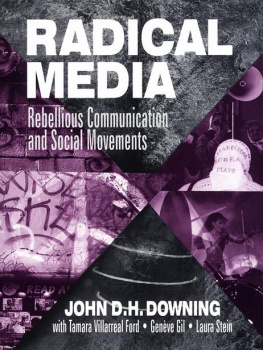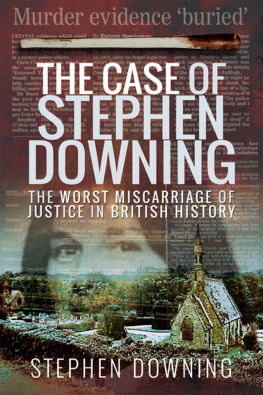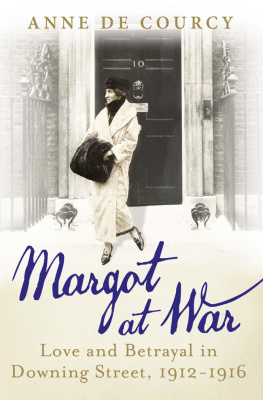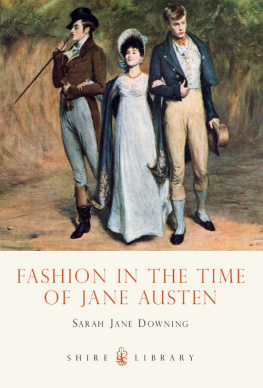THE MIRRORS OF DOWNING STREET
SOME POLITICAL REFLECTIONS
BY
A GENTLEMAN WITH A DUSTER (Harold Begbie)
"Right and wrong are in the nature of things. They are not words and phrases. They are in the nature of things, and if you transgress the laws laid down, imposed by the nature of things, depend upon it you will pay the penalty."
JOHN MORLEY.
ILLUSTRATED
G. P. PUTNAM'S SONS
NEW YORK AND LONDON
The Knickerbocker Press
1921
COPYRIGHT, 1921
BY
G.P. PUTNAM'S SONS
Printed in the United States of America
PUBLISHERS' NOTE
America and England have worked and fought together and have brought to a successful conclusion the great war in defence of civilization against a military imperialism which was threatening to dominate the world. They have now responsibilities together in connection with the measures needed to assure the continued peace of the world and to secure, particularly for the smaller states and for communities not in a position to become independent nations, the protection of their liberties, to which they have as assured a right as that asserted by a state of first importance which can support its claims with great armies.
In this work of helping to adjust the present urgent problems of the world, England is demanding cooperation from America. America could not if she would, and would not if she could, escape her responsibilities, as the strongest nation in the world, a nation standing for the rights of men, for leadership in the family of nations. With these joint responsibilities resting upon England and America, the personalities of the men who have during the past few years had in their hands the direction of the affairs of the United Kingdom and of the great British Commonwealth must possess an assured interest for every intelligent American.
The clever author of The Mirrors of Downing Street has brought together a series of critical and biographical studies, presented as "reflections" from the mirror in the Imperial council chamber, of thirteen typical Britons who have done noteworthy work during the years of the war and who are now grappling with the problems of the peace. The name of the author is not given, but he is evidently one who has had intimate personal association with the statesmen and administrators whose characters he presents. These analyses are not always sympathetic, and we are not prepared to say that they will be accepted as final. They are, however, based upon full knowledge of the conditions and a close personal study of the men. Intelligent Americans will be interested in the opinions held by a clear-headed, capable English writer of the characters of leaders like Mr. Asquith, Lloyd George, Mr. Balfour, Lord Robert Cecil, Winston Churchill, and others, and they will find in these pages first-hand information and clever and incisive studies of noteworthy men whose influence has counted, and is still to count, in shaping the history of Britain and of the world.
G.H.P.
NEW YORK, December, 1920.
INTRODUCTION
Let me say that I hope I have not betrayed any confidences in these sketches.
Public men must expect criticism, and no criticism is so good for them, and therefore for the State, as criticism of character; but their position is difficult, and they may justly complain when those to whom they have spoken in the candour of private conversation make use of such confidences for a public purpose.
If here and there I have in any degree approached this offence, let me urge two excuses. First, inspired by a pure purpose I might very easily have said far more than I have said: and, second, my purpose is neither to grind my own axe (as witness my anonymity) nor to inflict personal pain (as witness my effort to be just in all cases), but truly to raise the tone of our public life.
It is the conviction that the tone of our public life is low, and that this low tone is reacting disastrously in many directions, which has set me about these studies in political personality.
There is too much dust on the mirrors of Downing Street for our public men to see themselves as others see them. Some of that dust is from the war; some of it is the old-fashioned political dust intended for the eyes of the public; but I think that the worst of all hindrances to true vision is breathed on the mirrors by those self-regarding public men in whom principle is crumbling and moral earnestness is beginning to moulder. One would wipe away those smears.
My duster is honest cotton; the hand that holds it is at least clean; and the energy of the rubbing is inspired solely by the hope that such labour may be of some benefit to my country.
I think our statesmen may be better servants of the great nation they have the honour to serve if they see themselves as others see themothers who are not political adversaries, and who are more interested in the moral and intellectual condition of the State than in the fortunes of its parties.
No man can ever be worthy of England; but we must be anxious when the heart and centre of public service are not an earnest desire to be as worthy of her as possible.
MR. LLOYD GEORGE
THE RT. HON. DAVID LLOYD GEORGE
Born, Manchester, 1863; son of the late Wm. George, Master of the Hope Street Unitarian Schools, Liverpool. Educated in a Welsh Church School and under tutors. By profession a solicitor. President of the Board of Trade, 1905-8; Chancellor of the Exchequer, 1908-15; Minister of Munitions, 1915-16; Secretary for War, 1916; Prime Minister, 1916-20.
RT. HON. DAVID LLOYD GEORGE
CHAPTER I
MR. LLOYD GEORGE
"And wars, like mists that rise against the sun,
Made him but greater seem, not greater grow."
DRYDEN.
If you think about it, no one since Napoleon has appeared on the earth who attracts so universal an interest as Mr. Lloyd George. This is a rather startling thought.
It is significant, I think, how completely a politician should overshadow all the great soldiers and sailors charged with their nation's very life in the severest and infinitely the most critical military struggle of man's history.
A democratic age, lacking in colour, and antipathetic to romance, somewhat obscures for us the pictorial achievement of this remarkable figure. He lacks only a crown, a robe, and a gilded chair easily to outshine in visible picturesqueness the great Emperor. His achievement, when we consider what hung upon it, is greater than Napoleon's, the narrative of his origin more romantic, his character more complex. And yet who does not feel the greatness of Napoleon?and who does not suspect the shallowness of Mr. Lloyd George?
History, it is certain, will unmask his pretensions to grandeur with a rough, perhaps with an angry hand; but all the more because of this unmasking posterity will continue to crowd about the exposed hero asking, and perhaps for centuries continuing to ask, questions concerning his place in the history of the world. "How came it, man of straw, that in Armageddon there was none greater than you?"
The coldest-blooded amongst us, Mr. Massingham of The Nation for example, must confess that it was a moment rich in the emotion which bestows immortality on incident when this son of a village schoolmaster, who grew up in a shoemaker's shop, and whose boyish games were played in the street of a Welsh hamlet remote from all the refinements of civilization and all the clangours of industrialism, announced to a breathless Europe without any pomposity of phrase and with but a brief and contemptuous gesture of dismissal the passing away from the world's stage of the Hapsburgs and Hohenzollernsthose ancient, long glorious, and most puissant houses whose history for an on was the history of Europe.



